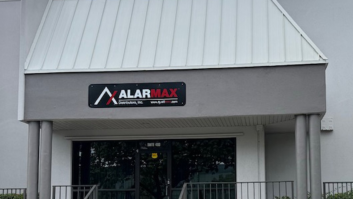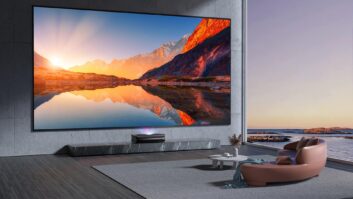LAS VEGAS –
Speaking before his first International CES as chairman of the Federal
Communications Commission (FCC) here Friday, Julius Genachowski told Consumer
Electronics Association (CEA)
president Gary Shapiro that fostering access to broadband by all citizens will
be one of the prominent missions on his agenda and that the FCC will strive to
promote competition and transparency in the decision-making process to achieve it.
Shapiro led off
the session by asking the chairman for his opinion about a debate arising from
a U.S. District Court case in Washington this week concerning who should
control the rules around access to the Internet, and whether or not the FCC had
any actual authority in such matters.
Genachowski appeared
non-committal, saying, “The litigation underscores for me the importance of
developing sensible rules of the road around freedom of the Internet. We will
obviously watch what happens and act accordingly, but it is the importance of
making sure that we preserve freedom of the Internet that has led to the
tremendous amount of innovation we have seen here at CES.”
Genachowski said
the country has benefited enormously from the open architecture that was built
into the medium, calling the notion that open Internet platforms are good
business “healthy.”
Genachowski said
his hope is for an “outcome that preserves freedom of the Internet” and “promotes
innovation, promotes investment and promotes the free flow of expression.”
He said that
preserving and promoting competition among broadband service providers is “a
critical policy objective” of the FCC because it “solves many, many problems.”
He said it was for
that reason that a transparency system was added to the FCC’s policy for
determining open Internet principles.
Genachowski said,
“Some of the problems that we have had have come out of the confusion and
mystery about what’s going on … I absolutely believe that sunshine can be a
great disinfectant in this area, that empowering consumers with information can
promote competition and reduce the [need] for government getting involved.”
He added that “a
key, important goal” on a number of issues before the commission will be to
remove the barriers to competition.
Regarding the
national broadband plan, Genachowski said the country is faced with a serious
spectrum gap, and that demand in the future could exceed capacity.
“The record is
clear: We need to find more spectrum,” he said. “One of the areas,
not by choice, that I have to spend time on every day is spectrum scarcity.
There’s not enough spectrum available to do what we as a country need to
do.”
Shapiro also asked
about the status of the open cable rules that requires cable operators to make
set-boxes for their platforms available through retail. The CEA president called the 14-year process
frustrating.
Genachowski said
the FCC is looking for ways to foster innovation in the video sector, pointing
at the commission’s recent inquiry into finding ways to promote the ability to access Internet video through
set-tops.
He said that
because many homes in this country don’t have computers, the commission staff
was exploring ways in which broadband could be brought to homes through the
living room TV set.
This would open
access to such critically important tasks as searching for jobs and helping
children accomplish Internet-oriented school assignments.
During the session
Genachowski was asked about the Fairness Doctrine, to which he replied: “the
Fairness Doctrine is dead.”
The doctrine,
which was abandoned by the FCC in 1987, had required broadcasters to actively
seek out opposing viewpoints on controversial issues of public importance.











